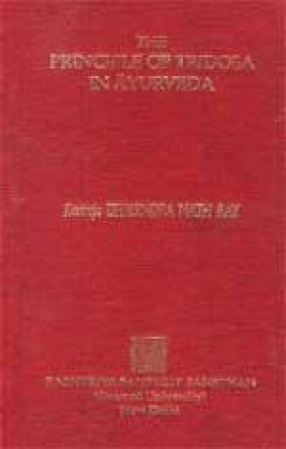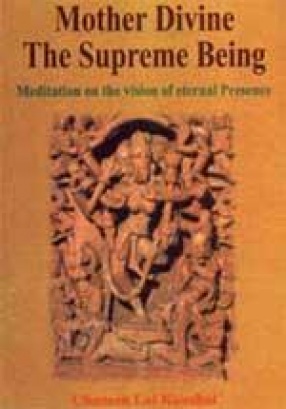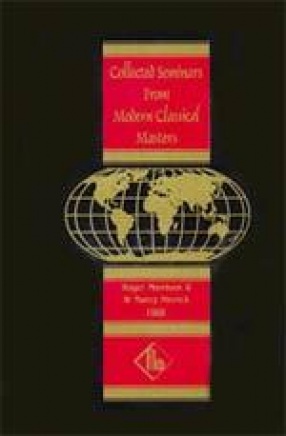Ayurveda is the most ancient of all medical sciences. It is the only medical science which has withstood the ravages of time and is still thriving steadily and triumphantly even amidst the modern medical sciences of the West. It is a rich heritage handed down to us by the ancient Hindu sages of divine insight and unlimited experience. Like Hindu sages of divine insight and unlimited experience. Like Hindu philosophy, it is a vast storehouse of knowledge and even in this age of rapidly progressing sciences it can fairly boast of imparting knowledge of things unknown to them. It is for this reason that from time to time savants, both Indian and European, had been attracted to it and had made special studies of the System of Hindu Medicine. These scholars had studied Ayurveda from different points of view, from the point of view of its history, its anatomy and surgery, its gynecology and midwifery, its chemistry, its therapeutics, etc, – and had written some excellent treatises on the particular branch of Ayurveda they were interested in; but none of them had studied Ayurveda from the physiological point of view. The reason of this, I think, is that none of these scholars was a practitioner of Ayurveda. It is only a practising Kaviraja or Ayurvedic physician who has to study Ayurveda in its physiological aspect leading to the study of the nature and function of Vayu, Pitta and Kopha or Tridosa as they are comprehensively called. The others may have an academic interest in the anatomy, chemistry or history of Hindu Medicine, but an intimate knowledge of the Tridosa is essential and indispensable to an Ayurvedic physician and without this knowledge it will not be possible for him to enter into and understand the intricate problems and methods of his science and be thereby in a position to succeed in its proper, useful and practical application. We are being repeatedly told by prominent public men and by those who practise western medicine and even by some of our modern exponents of Hindu medicine that to further the interest of Ayurveda it is necessary that it should be studied from the view point of modern science and that some of the new ideas be incorporated in it. I do not deny the utility of an elementary knowledge of the modern sciences and of modern anatomy for every student of Ayurveda. In fact, a through knowledge of the structure of the human body is essential and is enjoined by Susruta for those who wish to practise surgery. But, is the knowledge of modern physiology essential for an Ayurvedic student? The physiology of western medicine is quite different from that of Hindu medicine, which is the physiology of Vayu, Pitta and Kapha. Modern physiology may help an Ayurvedic student to some extent in the study of his subject, (I am not sure whether it may not mislead him in some instances), but hat is more necessary for him is a study of the physiology underlying his own system of medicine.
The Principle of Tridosa in Ayurveda
In stock
Free & Quick Delivery Worldwide
reviews
Bibliographic information
Title
The Principle of Tridosa in Ayurveda
Author
Edition
1st ed.
Publisher
Length
376p., Illustrations.
Subjects





There are no reviews yet.